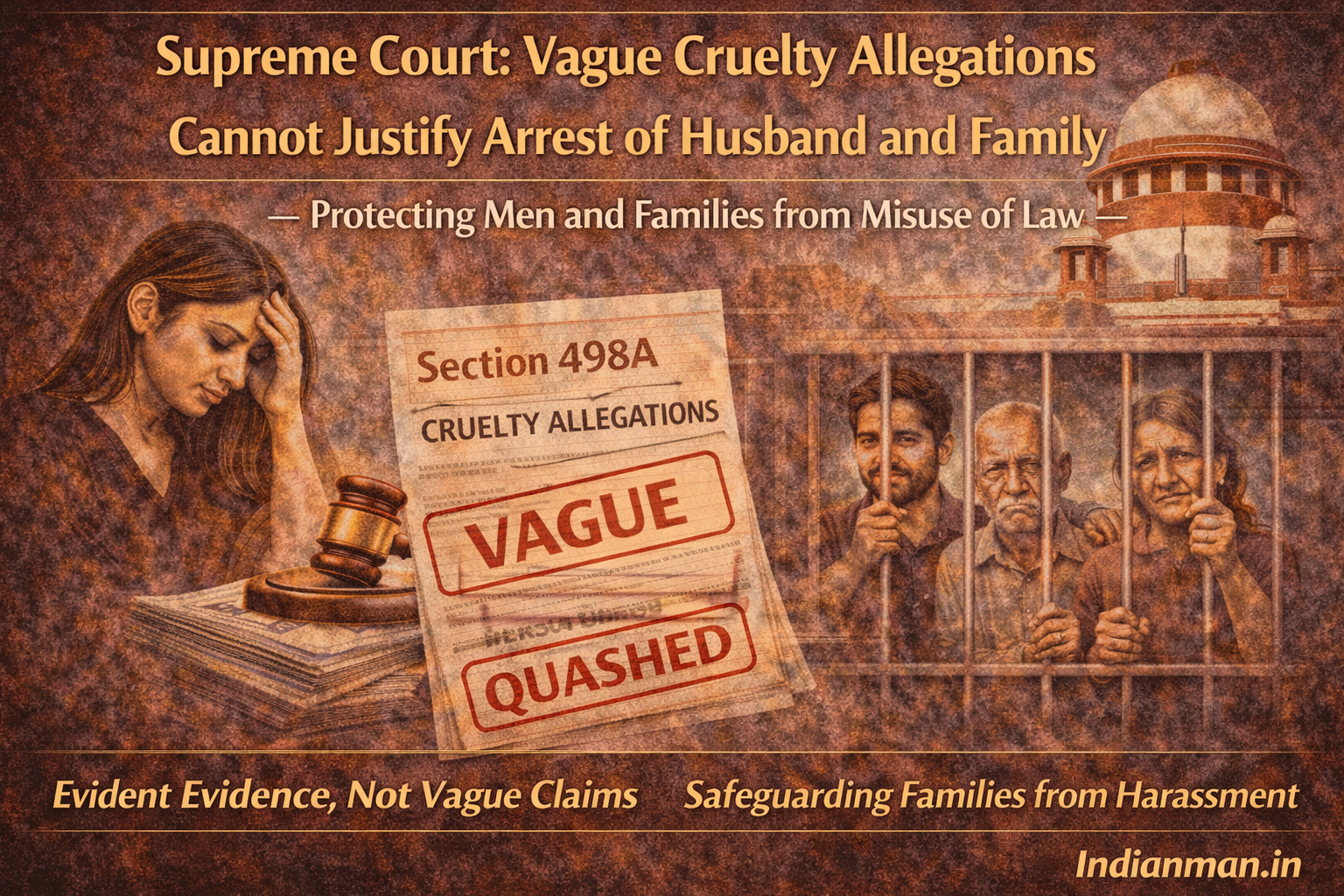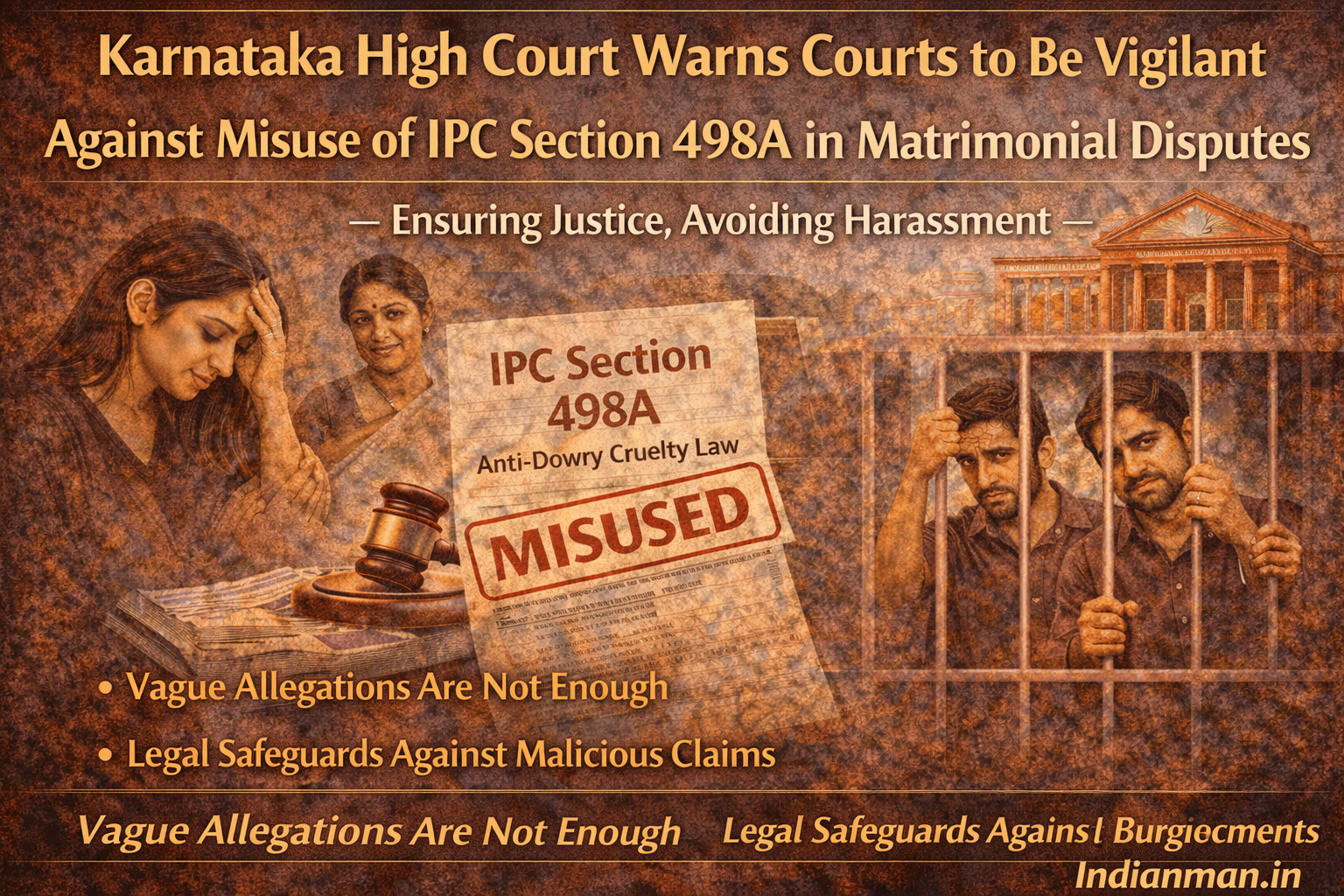The Allahabad High Court has strongly criticized the practice of trial court judges convicting innocent people just to protect their own careers and reputations. The court also urged the government to create a proper legal system that compensates those wrongfully prosecuted.
This observation was made by Justices Siddharth and Syed Qamar Hasan Rizvi while acquitting a man wrongly accused of murdering his wife in 2009. The man spent over 13 years in jail before finally getting bail, and was acquitted only recently, though he should have been cleared much earlier.
The court stressed that he deserved compensation, but noted that there is no current law that allows such compensation. It pointed out that this failure goes against Articles 14 and 21 of the Indian Constitution, which protect equality and personal liberty.
The judges highlighted that even new laws like the Bhartiya Nagrik Suraksha Sanhita, 2023 do not provide relief for those wrongly jailed. They added that even after being found innocent, many people struggle to return to their lives and face social stigma.
“The State should offer financial compensation to such people,” the court said. “This can help ease their suffering and allow them to support themselves and their families again.”
The man in this case had originally faced charges of dowry death, cruelty, and causing the death of an unborn child under Section 316 of the IPC. The trial court later added a murder charge (Section 302) during judgment, based solely on the presence of a two-month-old fetus in the wife’s womb.
The High Court criticized this move, stating that the man was not even given a chance to defend himself against the added murder charge. It emphasized that every accused person must get a fair trial, especially if charges change during the proceedings.
While the court acquitted the man, it expressed helplessness in offering any relief due to the lack of a statutory law for compensating the wrongfully accused.
“Our justice system makes very little effort to correct such wrongs,” the court remarked. “Some individual cases have resulted in compensation through writ petitions, but there’s no consistent law to support this.”
Be a part our social media community:
Facebook: https://www.facebook.com/IndianMan.in?mibextid=ZbWKwL
Instagram:
https://www.instagram.com/indianman.in?igsh=MWZ2N3N0ZmpwM3l3cw==



